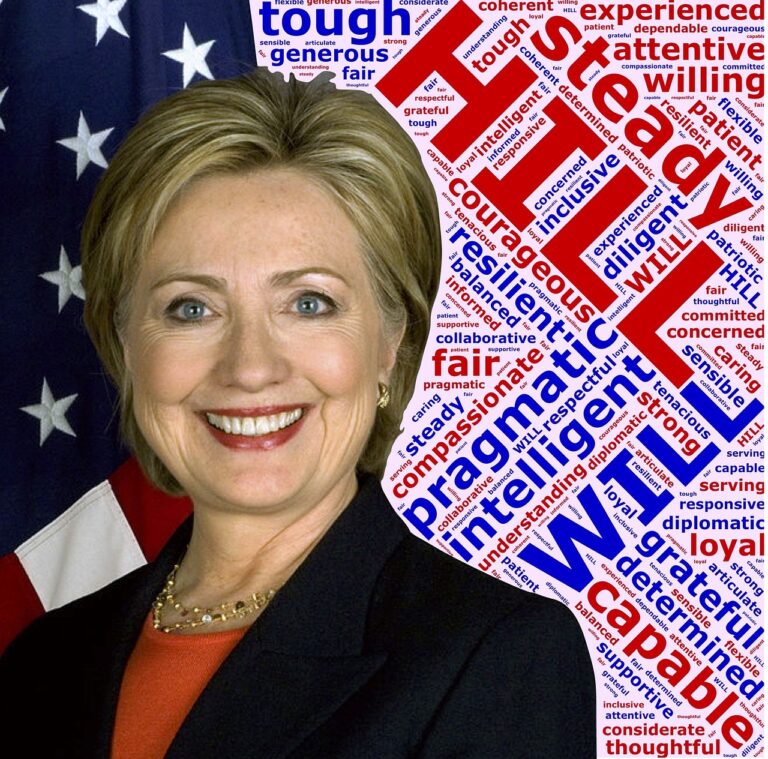Analyzing the Impact of Campaign Finance Laws on Auditing Practices
11xplay.com login, india24bet 24, skyexchange fair:Analyzing the Impact of Campaign Finance Laws on Auditing Practices
Campaign finance laws play a vital role in ensuring transparency and accountability in the political process. These laws are designed to regulate the flow of money in political campaigns, prevent corruption, and promote fair elections. However, the impact of campaign finance laws extends beyond the realm of politics and can also have implications for auditing practices.
In this article, we will explore the relationship between campaign finance laws and auditing practices, and how changes in these laws can impact the auditing profession.
The Role of Campaign Finance Laws
Campaign finance laws are rules and regulations that govern the financing of political campaigns. These laws typically set limits on the amount of money that can be contributed to a campaign, require disclosure of campaign contributions and expenditures, and may also restrict the sources of campaign funding.
The primary goal of campaign finance laws is to prevent corruption and ensure that the political process is fair and transparent. By regulating the flow of money in politics, these laws aim to prevent wealthy individuals and special interest groups from exerting undue influence over the electoral process.
Impact on Auditing Practices
Campaign finance laws can also have a significant impact on auditing practices, particularly for auditors who are responsible for reviewing the financial records of political campaigns. These laws can affect the scope of audits, the level of scrutiny applied to financial transactions, and the reporting requirements for auditors.
For example, auditors may be required to verify that campaign contributions are received from permissible sources and do not exceed legal limits. They may also be responsible for assessing the accuracy and completeness of financial disclosure reports filed by political candidates and committees.
Changes in campaign finance laws can also impact the demand for auditing services. As laws become more stringent and compliance requirements more complex, political campaigns may require more extensive audits to ensure that they are in compliance with the law. This can create new opportunities for auditors specializing in campaign finance.
Challenges for Auditors
While campaign finance laws are intended to promote transparency and accountability, they can also present challenges for auditors. Auditors may need to navigate complex legal requirements and interpret ambiguous regulations, which can make their job more difficult.
Auditors may also face pressure from political campaigns to produce favorable audit reports that downplay any potential violations of campaign finance laws. This can create conflicts of interest and compromise the independence and objectivity of auditors.
Frequently Asked Questions
Q: Are auditors required to have specific expertise in campaign finance laws?
A: While it is not a legal requirement, auditors who specialize in political campaign auditing typically have a deep understanding of campaign finance laws and regulations.
Q: What role do auditors play in ensuring compliance with campaign finance laws?
A: Auditors are responsible for reviewing the financial records of political campaigns to ensure that they are in compliance with campaign finance laws and regulations.
Q: How can changes in campaign finance laws impact auditing practices?
A: Changes in campaign finance laws can impact the scope of audits, the level of scrutiny applied to financial transactions, and the reporting requirements for auditors.
In conclusion, campaign finance laws have a significant impact on auditing practices, shaping the demand for auditing services and presenting challenges for auditors. By understanding the relationship between campaign finance laws and auditing practices, auditors can navigate the complexities of political campaign auditing and uphold the principles of transparency and accountability in the political process.







